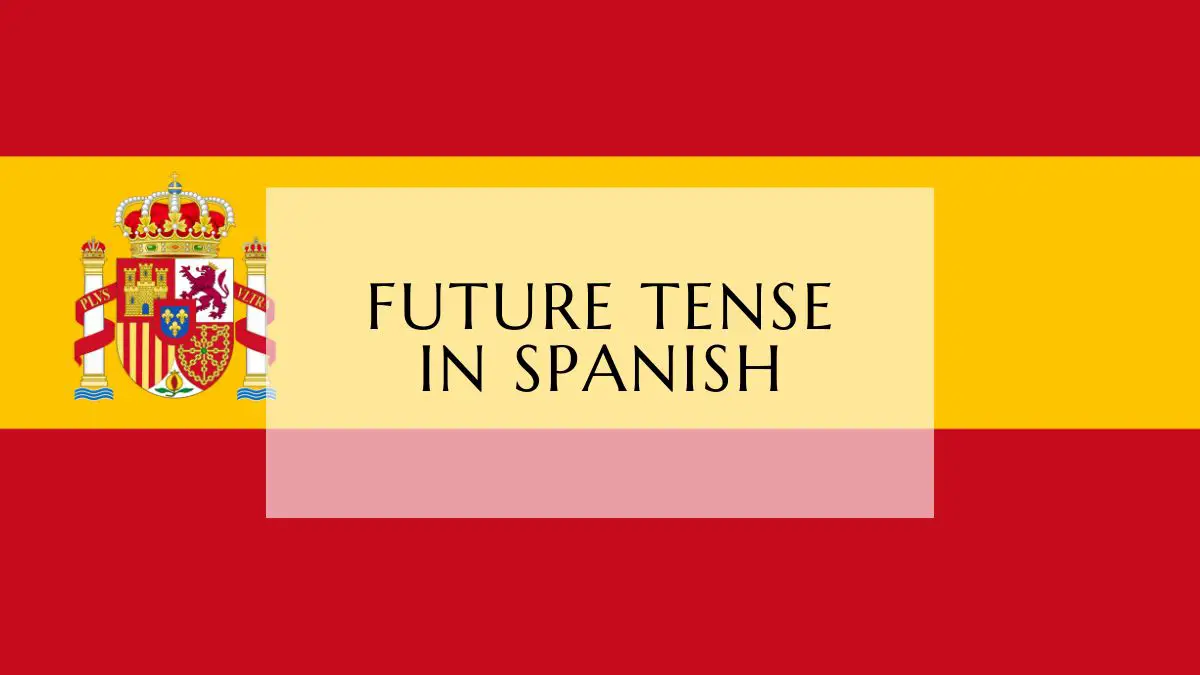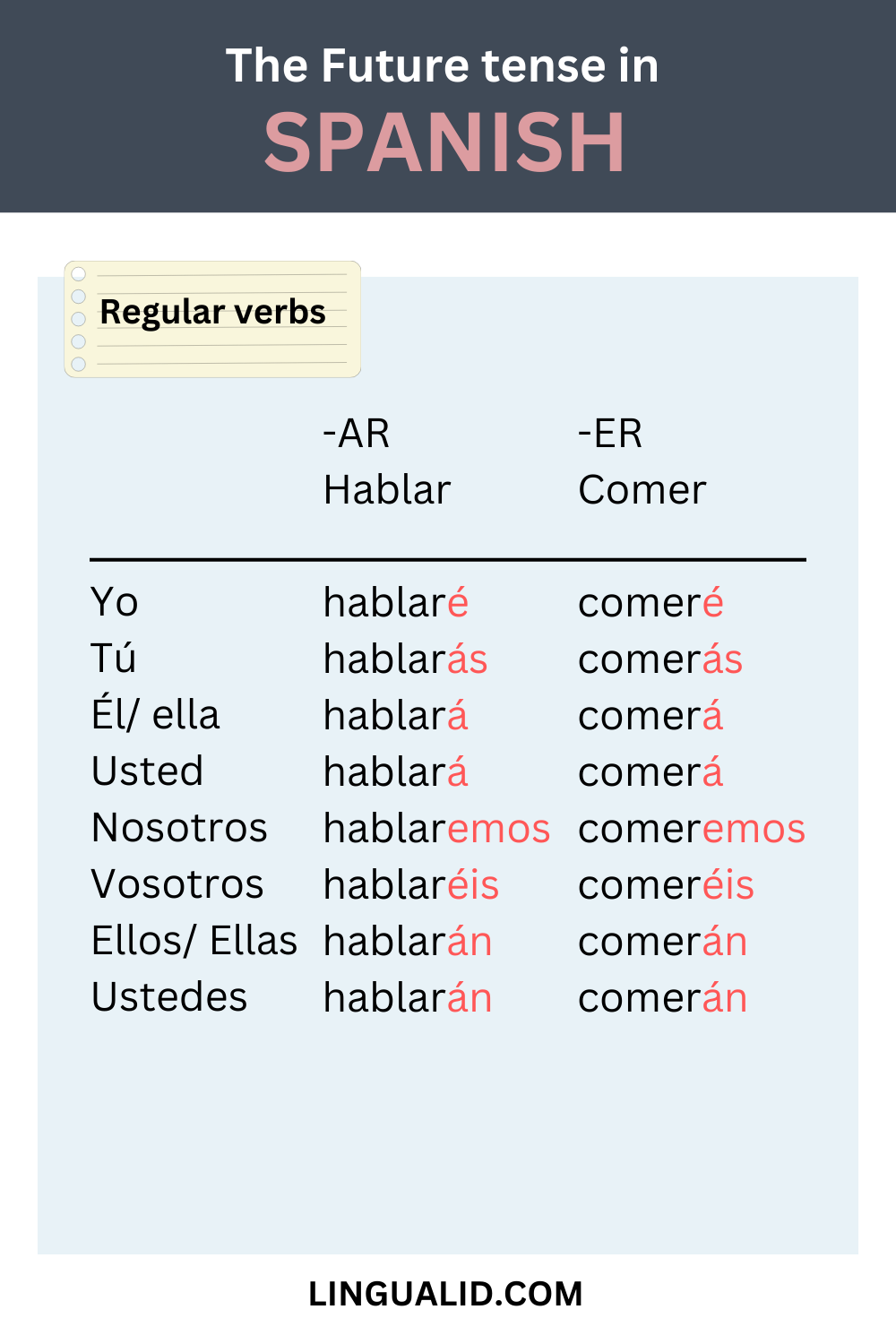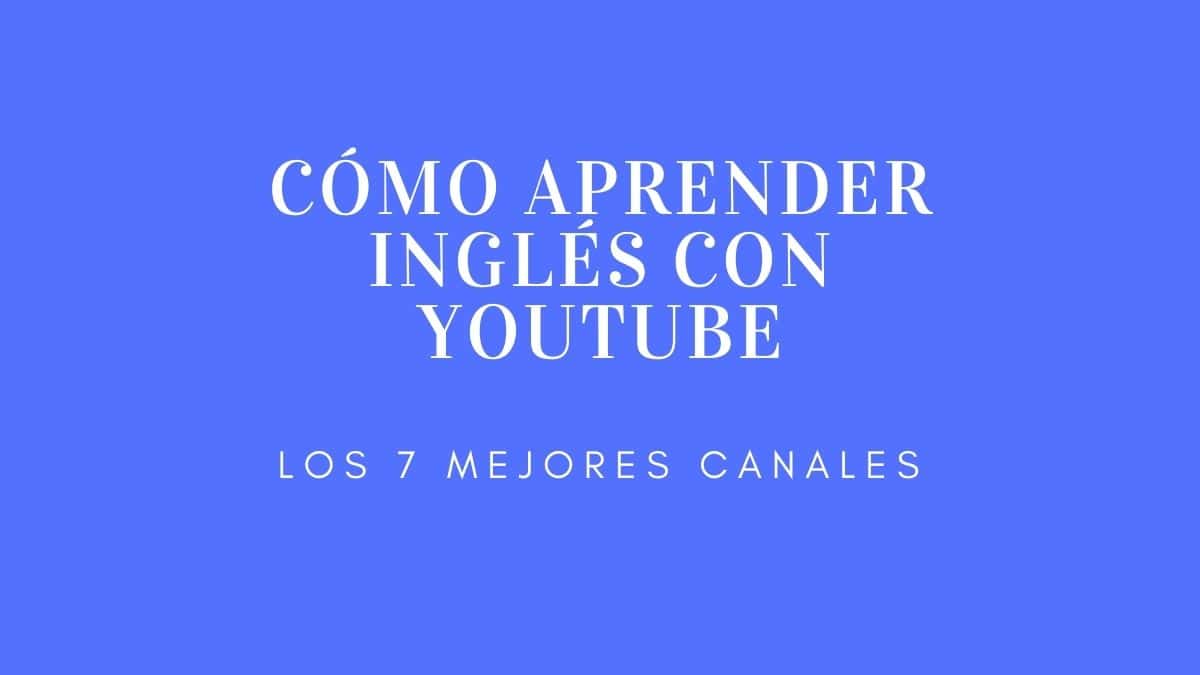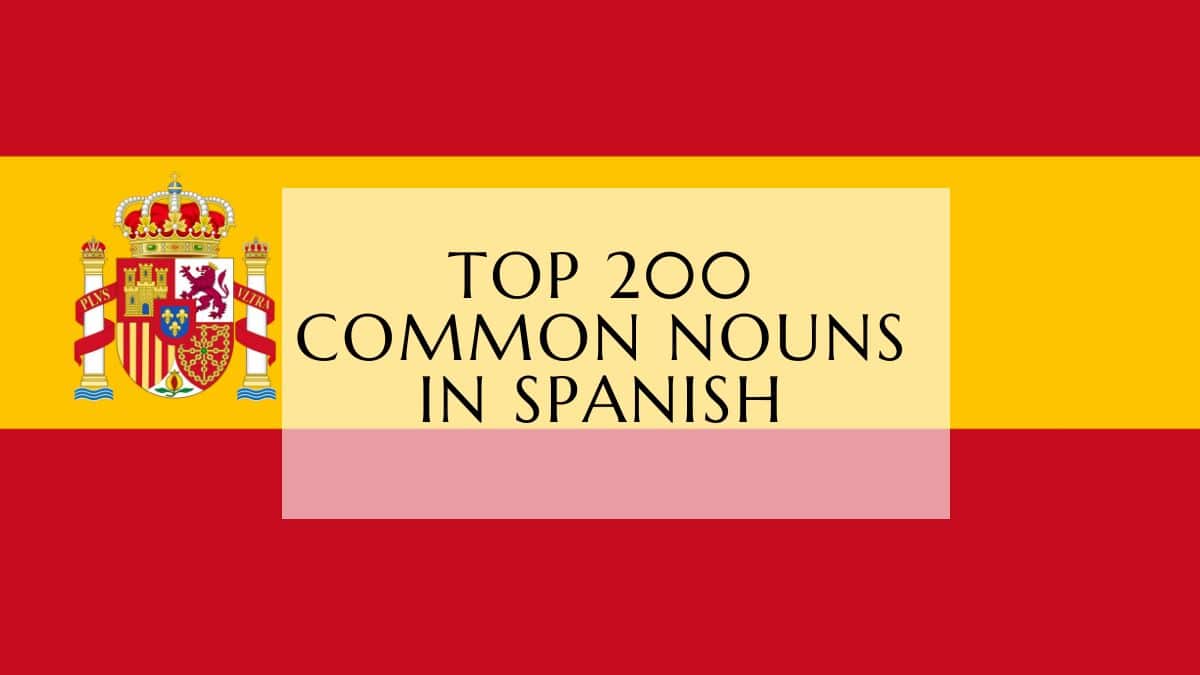In this lesson we will talk about the future tense in Spanish, the two ways of expressing it, followed by examples.

In Spanish, the future tense can be expressed in two ways: adding a suffix to the end or by using “ir a + infinitive”.
We us the future tense El futuro to:
- Talk about something that will take place in the future
- Predictions and probabilities (like the weather for example)
Future Tense Form In Spanish
All verbs add these endings to their infinitive, and we don’t remove the endings (unlike the present tense)
| Yo | -é |
| Tú | -ás |
| Él/ ella | -á |
| Usted | -á |
| Nosotros / Nosotras | -emos |
| Vosotros / Vosotras | -éis |
| Ellos / Ellas | -án |
| Ustedes | -án |
Example: estudiar (to study)
| Yo | estudiaré |
| Tú | estudiarás |
| Él/ ella | estudiará |
| Usted | estudiará |
| Nosotros / Nosotras | estudiaremos |
| Vosotros / Vosotras | estudiaréis |
| Ellos / Ellas | estudiarán |
| Ustedes | estudiarán |
Hablar (to speak)
| Yo | hablaré |
| Tú | hablarás |
| Él/ ella | hablará |
| Usted | hablará |
| Nosotros / Nosotras | hablaremos |
| Vosotros / Vosotras | hablaréis |
| Ellos / Ellas | hablarán |
| Ustedes | hablarán |
Comer (to eat)
| Yo | comeré |
| Tú | comerás |
| Él/ ella | comerá |
| Usted | comerá |
| Nosotros / Nosotras | comeremos |
| Vosotros / Vosotras | comeréis |
| Ellos / Ellas | comerán |
| Ustedes | comerán |
Hacer (to do)
| Yo | haré |
| Tú | harás |
| Él/ ella | hará |
| Usted | hará |
| Nosotros / Nosotras | haremos |
| Vosotros / Vosotras | haréis |
| Ellos / Ellas | harán |
| Ustedes | harán |
Note: “Hacer” changes to “har” before adding the ending (irregular verb)
More examples:
Estudiaré el español – I will study Spanish
Llegaré mañana – I will arrive tomorrow
Ellos viajarán a Marruecos – They will travel to Morocco
Note: you can practice what you’ve learned here, and learn how to pronounce each of the words in our Memrise course here, don’t know how to use the platform or sign up? we’ve got you covered in this easy-to-follow tutorial here.
Future Tense Using “ir a + infinitive”
This is what we use in daily life + it’s easier, you only need to conjugate “ir” in the present and add the verb that you want to express in the future in its infinitive form, e.g. Voy a estudiar el español (I will study Spanish)
Here is the conjugation of the verb “ir” in the present:
| Yo | voy |
| Tú | vas |
| Él/ ella | va |
| Usted | va |
| Nosotros / Nosotras | vamos |
| Vosotros / Vosotras | vais |
| Ellos / Ellas | van |
| Ustedes | van |
Voy a llegar mañana – I will arrive tomorrow
Ellos van a viajar a Marruecos – They will travel to Morocco

Spanish Future Tense Review
Quiz
Instructions: Answer the following questions in 2-3 sentences.
- What are the two ways to express the future tense in Spanish?
- What are the endings added to regular verbs in the future tense?
- Conjugate the verb “estudiar” (to study) in the future tense.
- Provide an example sentence using the future tense of “hablar” (to speak).
- What changes occur to the verb “hacer” (to do) in the future tense?
- How do you form the future tense using “ir a + infinitive”?
- Conjugate the verb “ir” (to go) in the present tense.
- Provide an example sentence using “ir a + infinitive” to express “They will eat pizza.”
- What is an advantage of using “ir a + infinitive” for the future tense?
- Give an example of something you would express using the Spanish future tense.
Quiz Answer Key
- The two ways to express the future tense in Spanish are by adding specific endings to the infinitive form of the verb and by using the phrase “ir a + infinitive.”
- The endings added to regular verbs in the future tense are: -é, -ás, -á, -emos, -éis, -án.
- Yo estudiaré, tú estudiarás, él/ella/usted estudiará, nosotros/as estudiaremos, vosotros/as estudiaréis, ellos/ellas/ustedes estudiarán.
- Mañana hablaré con mi amigo. (Tomorrow I will speak with my friend.)
- The verb “hacer” (to do) has an irregular stem change in the future tense, becoming “har-” before adding the endings.
- The future tense with “ir a + infinitive” is formed by conjugating the verb “ir” in the present tense, followed by “a” and the infinitive form of the verb you want to express in the future.
- Yo voy, tú vas, él/ella/usted va, nosotros/as vamos, vosotros/as vais, ellos/ellas/ustedes van.
- Ellos van a comer pizza.
- An advantage of using “ir a + infinitive” is that it is considered a simpler and more commonly used form in everyday conversation.
- (Example answer) Visitaré a mi familia en España el próximo año. (I will visit my family in Spain next year.)
Happy learning!
Oualid Cheddadi is the founder of Lingualid, a platform that inspires independent language learners worldwide, regardless of the language they are learning. The name “Lingualid” is derived from the Portuguese word for “language,” “língua,” and the last three letters of Oualid’s name, “Lid.”



